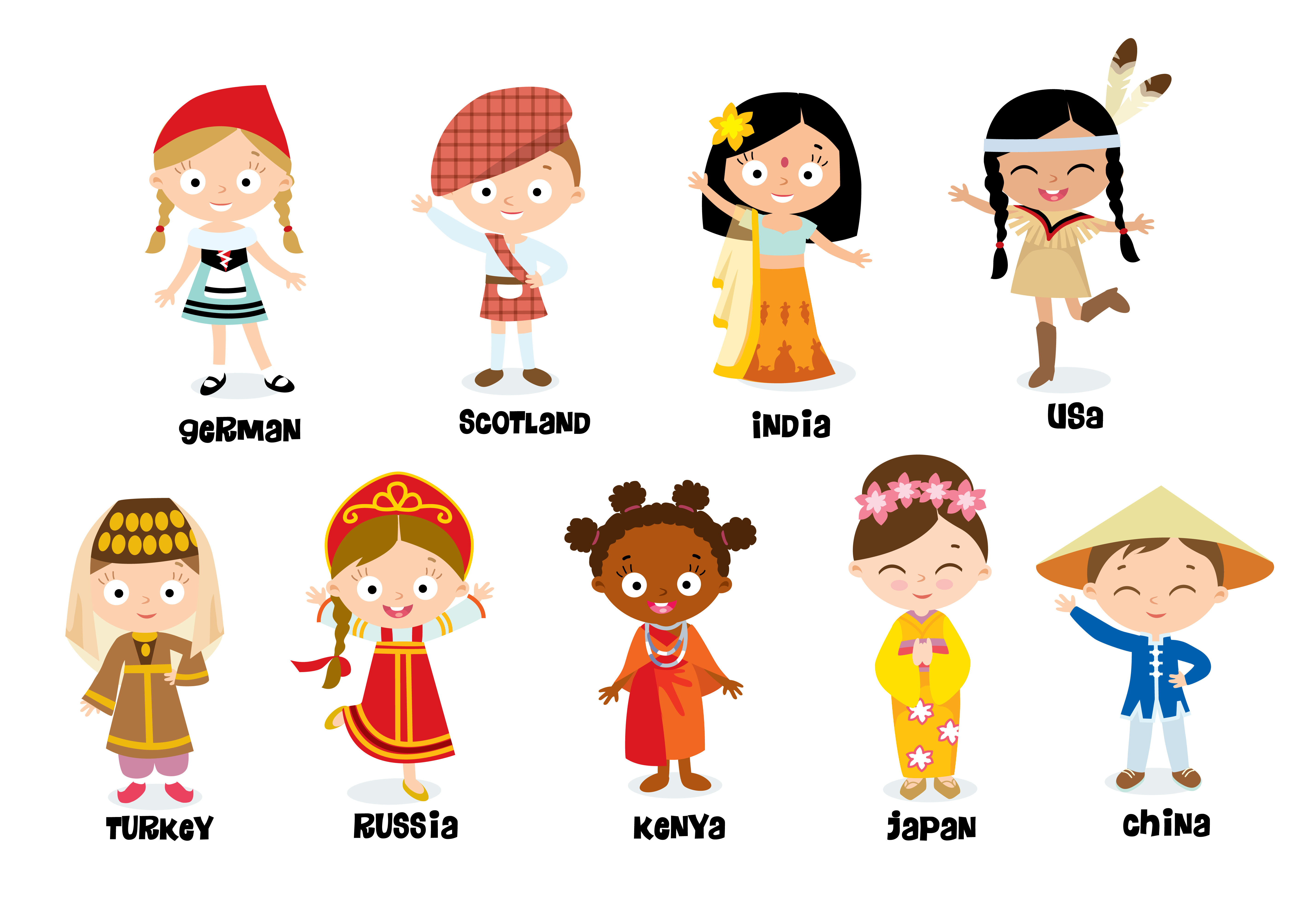Normal Alphabet worksheets activities for Ages 3-9
9 filtered results
-
From - To
Discover our engaging Normal Alphabet worksheets designed for ages 3-9, perfect for nurturing young learners’ literacy skills! These worksheets promote letter recognition, phonetic understanding, and fine motor skills through fun activities like tracing, matching, and coloring. Tailored to various skill levels, our resources support both preschool and early elementary education. Each activity is crafted to make learning interactive and enjoyable, ensuring children develop a strong foundation for reading and writing. Explore our extensive collection of printable materials to enhance your child’s learning experience today and foster a love for the alphabet that will last a lifetime!


Phonics and Word Recognition: Assessment 1 ELA Worksheet


Phonological Awareness: Assessment 1 Worksheet


Phonics and Word Recognition: Assessment 3 Worksheet


Phonics and Word Recognition: Assessment 2 Worksheet


Phonics and Word Recognition: Assessment 1 Worksheet


Long and Short Vowel Sentences: Assessment Worksheet


Rhyming Words: Assessment Worksheet


Vowel and Consonant Sounds: Assessment Worksheet


Let's Check Long Vowels: Assessment Worksheet
Normal Alphabet activities are essential for young children aged 3-9, as they lay the foundation for literacy development and cognitive skills. During these formative years, children are like sponges, eagerly soaking up information as they engage in age-appropriate learning experiences. Alphabet activities enhance letter recognition, phonemic awareness, and vocabulary, all of which are critical components of reading readiness.
These activities also promote fine motor skills through hands-on tasks such as tracing letters, using manipulative materials like alphabet blocks, and engaging in crafts that require cutting and gluing. Furthermore, they encourage social interaction when children participate in group settings, sharing ideas and collaborating on projects.
For parents and teachers, integrating Normal Alphabet activities into daily routines or lesson plans fosters a love for learning and curiosity about language. Such activities can be easily adapted to inspire creativity, making the learning process enjoyable and engaging. They also provide opportunities for assessment and personalized teaching strategies based on each child’s unique pace and capabilities.
Ultimately, investing time in Normal Alphabet activities not only builds essential literacy skills but also creates a positive learning environment that nurtures lifelong learners. This makes it imperative for adults to prioritize and facilitate these important early childhood experiences.

 Assign to My Students
Assign to My Students
















